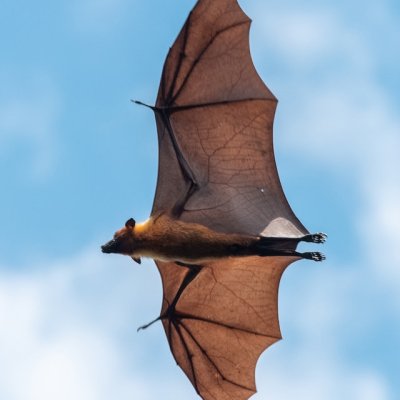An adjective is a word that describes a noun (e.g., the big dog).
a. extraño This building has a very strange shape.Este edificio tiene una forma muy extraña.
b. raro There are a bunch of strange people in this town.Hay un montón de gente rara en este pueblo.
a. extraño Don't talk to any strange people.No hables con gente extraña.
a. extranjero I received a letter in a strange language.Recibí una carta en un idioma extranjero.
b. desconocido He is a stranger in a strange land.Él es un extranjero en un país desconocido.
Machine Translators
Translate strangest using machine translators
Other Dictionaries
Explore the meaning of strange in our family of products.
Random Word
Roll the dice and learn a new word now!
Want to Learn Spanish?
Spanish learning for everyone. For free.




















